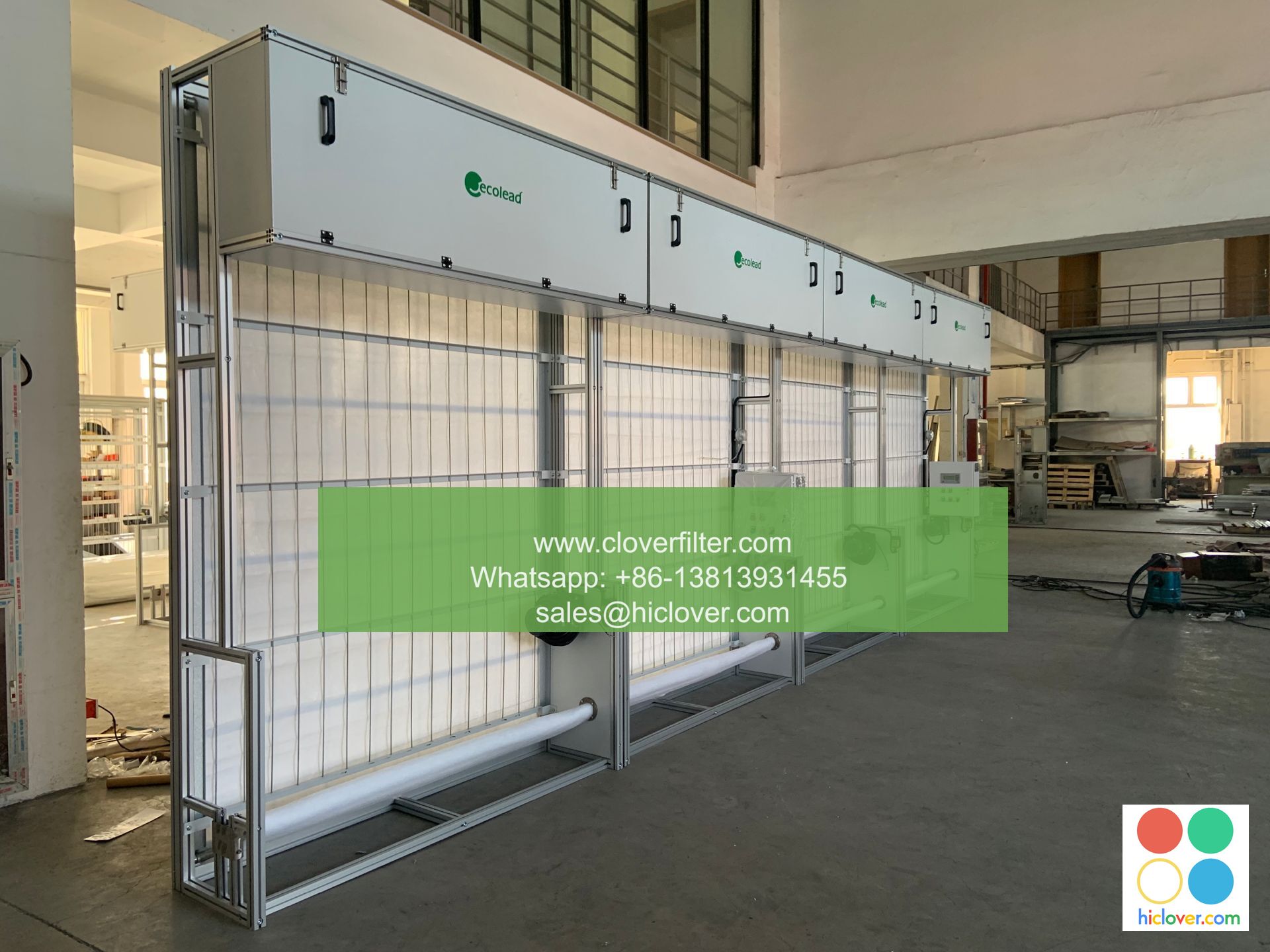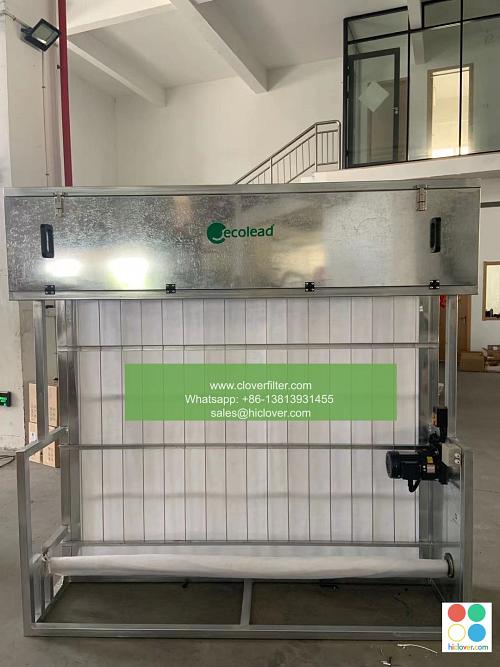Understanding Filter Efficiency and Performance: A Guide to Air Filter Certification

Understanding air filter efficiency and performance is crucial for maintaining good indoor air quality, reducing energy consumption, and prolonging the lifespan of heating, ventilation, and air conditioning (HVAC) systems. Air filters play a vital role in removing airborne contaminants, such as dust, pollen, and particulate matter, from the air. In this article, we will delve into the world of air filter certification, exploring the key concepts, standards, and application areas that highlight the importance of high-efficiency air filtration and indoor air quality management.
What is Filter Efficiency and How is it Measured?
Filter efficiency refers to the ability of an air filter to capture particles of a specific size. The efficiency of an air filter is typically measured using standardized test methods, such as ASHRAE 52.2 or ISO 16890, which evaluate the filter’s performance in removing particles from the air. The results are often expressed as a Minimum Efficiency Reporting Value (MERV) or Filter Efficiency Rating, which ranges from 1 to 20, with higher values indicating greater efficiency.
Air Filter Certification and Standards
Various organizations, such as ASHRAE (American Society of Heating, Refrigerating, and Air-Conditioning Engineers) and ISO (International Organization for Standardization), have established standards and certifications for air filters. These certifications ensure that air filters meet specific performance requirements, including filter efficiency, pressure drop, and durability. Some common certifications include UL (Underwriters Laboratories), NSF (National Sanitation Foundation), and EUROVENT.
Application Areas for High-Efficiency Air Filtration
High-efficiency air filtration is essential in various application areas, including:
* Commercial HVAC systems: High-efficiency air filters help reduce energy consumption, improve indoor air quality, and prolong the lifespan of HVAC systems in commercial buildings.
* Industrial processes: Air filters with high efficiency are critical in industries such as pharmaceuticals, food processing, and electronics manufacturing, where clean air is essential for product quality and safety.
* Healthcare facilities: High-efficiency air filtration is vital in hospitals, clinics, and other healthcare facilities to prevent the spread of airborne diseases and maintain a clean environment for patients and staff.
* Residential HVAC systems: High-efficiency air filters can improve indoor air quality, reduce energy consumption, and prolong the lifespan of HVAC systems in residential homes.
Benefits of High-Efficiency Air Filtration
The benefits of high-efficiency air filtration are numerous, including:
* Improved indoor air quality: High-efficiency air filters remove airborne contaminants, reducing the risk of respiratory problems and improving overall health.
* Reduced energy consumption: High-efficiency air filters can help reduce energy consumption by minimizing the pressure drop across the filter, which can lead to cost savings and a reduced carbon footprint.
* Prolonged HVAC system lifespan: High-efficiency air filters can help extend the lifespan of HVAC systems by reducing the amount of dirt and debris that enters the system.
Conclusion
In conclusion, understanding air filter efficiency and performance is essential for maintaining good indoor air quality, reducing energy consumption, and prolonging the lifespan of HVAC systems. By highlighting various application areas, such as commercial HVAC systems, industrial processes, healthcare facilities, and residential HVAC systems, and emphasizing the importance of high-efficiency air filtration and indoor air quality management, we can appreciate the significance of air filter certification and standards in ensuring the quality and performance of air filters. By choosing high-efficiency air filters and maintaining them properly, we can improve indoor air quality, reduce energy consumption, and create a healthier and more sustainable environment. You haven’t asked a question or provided any context. What would you like to talk about or ask?

